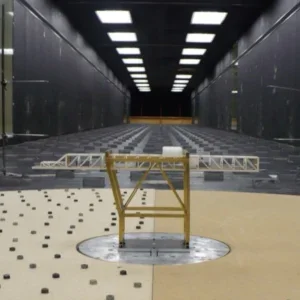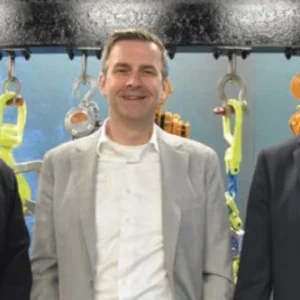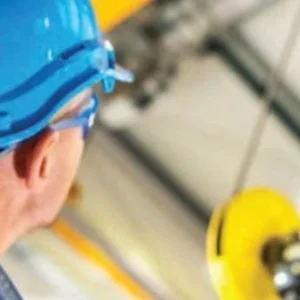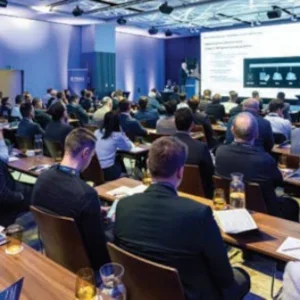One potential issue with populist politics is that the measures that the public want to hear promised, and therefore the manifesto that wins votes, are not always feasible or practical when it comes to implementing them.
Of course, it remains to be seen if the party can make a success of their surprising victory at the election—although one industry member commented that when the government comes to implement certain measures that they promised, it would prove so prohibitively costly that there would be no option but to throw out the plans, and start again with another election.
However, if there’s one thing that’s become apparent since the Brexit vote in the UK, it’s that just because a political movement can’t follow up on its promises, it doesn’t mean there will be another vote—the memory still looms large in the public consciousness of various ‘Brexiteers’ standing by a bus championing the now-infamous promise of “£350m a week for the NHS”, a measure which was, after the vote had taken place, brushed under the carpet as merely hypothetical.
While it’s always hard, and possibly unfair, to judge any government too soon into their tenure, one issue which is nagging the Italian industry is that the initiative introduced by the previous government, which adjusted taxation to encourage investment, thereby giving the economy a jump-start after years of difficulty following the recession, has been put on hold by the new government while they determine their stance on the matter.
They may re-instate the policy, of course, or they may not—for now, though, there was a sense of frustration that the initial momentum created by the programme has been slowed while a decision is made.
The political changes should not overshadow the technological expertise of the Italian market, though—it’s a fascinating market partly because of the huge number of relatively small, independent, but technologically-savvy companies in operation across the country.
I’ll be writing up a report on my tour for the November issue, although before that I will be travelling to Amsterdam for the IMCA Lifting & Rigging Seminar, and to visit a few nearby companies. No doubt there will be just as much to learn about the Dutch industry as there was about Italy.






